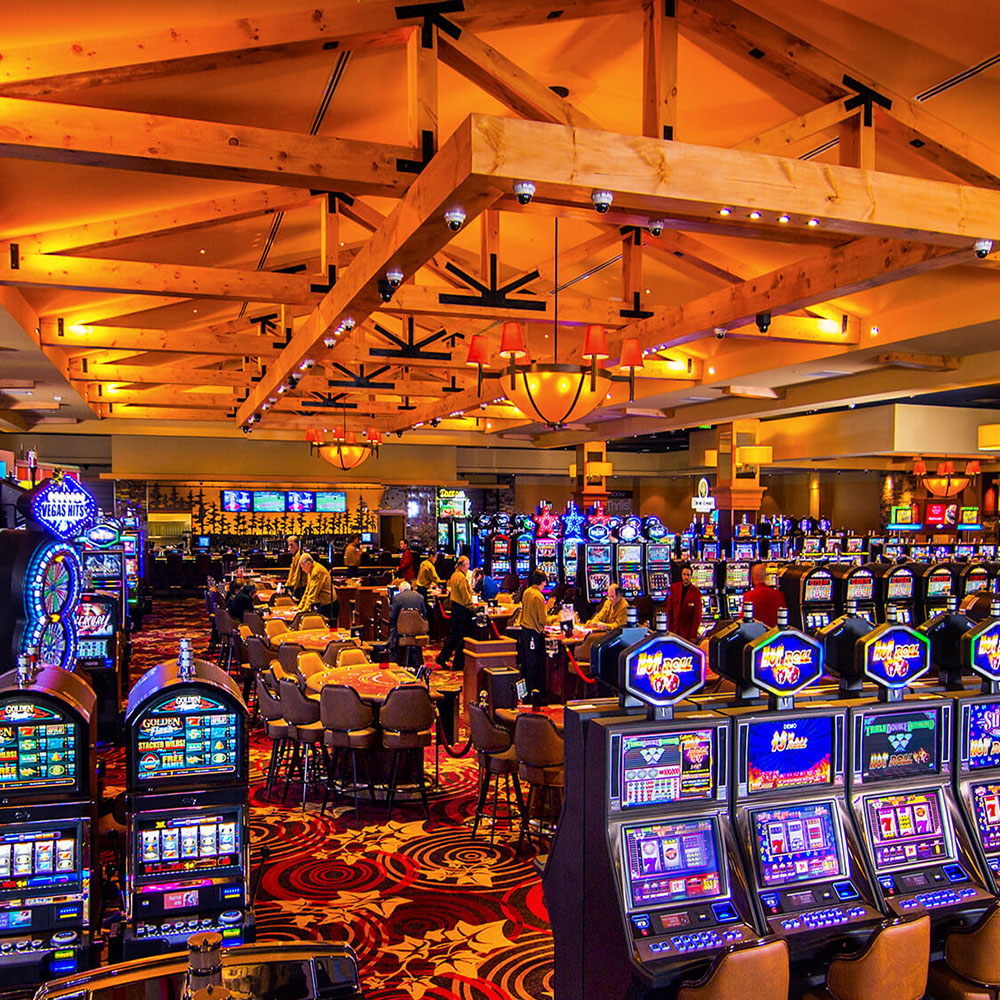
Such allure of gambling games has enchanted huge numbers of people around the world for ages. From the spinning wheel of fortune to the melody of shuffling deck of cards, the thrill of luck and skill merges to create an thrilling environment that pulls players in. These games are not just leisure activities; they have grown into an essential part of the leisure industry, growing into a worldwide movement that covers opulent getaways, dynamic internet casinos, and various other options.
As the need for distinct and interesting encounters persists to expand, the tales behind the success of gaming experiences reveal a intriguing realm. Businesspeople and designers are always extending the frontiers of imagination and fresh ideas, causing the rise of new gaming options and immersive advancements. Delving into these stories gives us a glimpse into the requirements to build a casino game enterprise and the passion that drives those operating behind the scenes.
The Evolution of Casino Games
Gambling games have a rich past that dates back hundreds of years, with their beginnings often intertwined with ancient ceremonies and social gatherings. The initial types of gambling can be linked back to ancient Chinese civilization, where games involving dice were enjoyed, and also to the Roman Empire who participated in betting on different events. Over time, these primitive forms of entertainment evolved into more structured forms, leading to the creation of titles including baccarat and roulette in the 17th century. These initial casino games laid the basis for the industry we experience today.
As society advanced, so did the complexity and diversity of gambling options. The 19th century marked a significant shift with the establishment of formal casinos in locations like Monte Carlo and Las Vegas. This era saw the introduction of famous games such as poker and blackjack, which captured the interests of players around the world. The growth of these games was enhanced by innovations in game design and the implementation of gambling laws that rendered the industry more structured and attractive to the public.
The digital revolution in the final 20th and early 21st centuries altered the landscape of casino games yet again. The advent of the internet led to virtual casinos, enabling players to enjoy their favorite games from the comfort of their houses. This transition not only broadened the reach of casino games but also introduced new formats like live dealer games and mobile gaming apps. Today, the gambling game industry continues to develop, with cutting-edge technologies such as virtual reality and blockchain promising change the coming years of betting.
Effective Game Development Strategies
The cornerstone of a successful casino game empire lies in the creation of captivating and innovative games that captivate players. A successful strategy involves comprehensive market research to grasp up-to-date trends and player preferences. By reviewing user feedback and watching successful titles, developers can identify what appeals with players and what features are in request. Incorporating original themes, varied game mechanics, and artistically appealing graphics are essential to differentiate in a challenging landscape.
Collaboration is another key factor of successful game development. Assembling talented designers, programmers, and mathematicians ensures that games are simultaneously visually impressive but also balanced in terms of gameplay. Encouraging open communication among team members promotes creativity and results in novel concepts. Moreover, engaging with players during the beta testing phase permits developers to gather valuable insights that can refine gameplay elements before the official launch.
Lastly, effective marketing strategies cannot be dismissed in building a flourishing casino game empire. Crafting a compelling narrative around the game and utilizing digital media platforms to create buzz can dramatically impact player acquisition. Offering promotions, loyalty rewards, and engaging in community events can further enhance player retention. s666 By combining strong development practices with smart marketing, game developers can create an enthralling experience that keeps players revisiting for more.
The Future of Gambling Play
The environment of casino gaming is evolving swiftly, driven by developments in technology and changing consumer tastes. Online and portable gaming is poised to dominate the sector as more players seek ease and access. Virtual reality and virtual reality are also integrating into the casino experience, providing captivating settings that elevate traditional gaming to a different standard. As gamblers crave more participatory and entertaining experiences, casinos will need to adapt and evolve to keep their customers interested.
Additionally, the incorporation of artificial intelligence and data analysis will play a significant role in defining the prospects of gambling games. Casinos will leverage data to understand gambler actions, customize experiences, and improve client service. Customization will become essential, as players will demand games that adapt to their tastes and gaming habits. As the gaming industry makes use of these insights, the creation of new play types and elements will likely arise, keeping the casino experience new and stimulating for all.
Moreover, the trend towards safe gaming is becoming increasingly significant. As authorities and players focus more on gambler well-being, casinos will need to adopt measures that encourage responsible gaming practices. This could include options that allow players to set limits on their expenses and playtime, as well as improved resources for those who may be struggling with gaming issues. By prioritizing responsible play, casinos can build trust with their customers and ensure a lasting future in the competitive landscape of casino play.